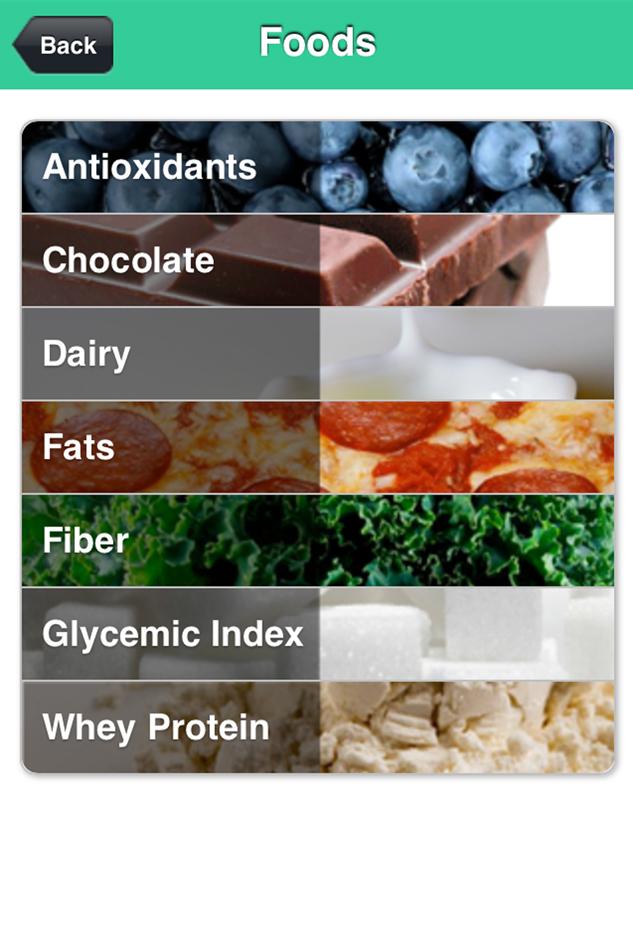Northwestern alumna develops app to tell users how diet affects skin conditions
Source: diet & acne
A Northwestern alum developed an app called ‘diet & acne’ focused on providing information about the relationship between certain foods and skin conditions. The app is continually updated as new research comes out.
April 10, 2014
A Northwestern alumna developed an app with the ability to tell users how their diets are impacting their skin, one of many new health and fitness apps changing the role of smartphones in doctors’ offices.
The Journal of the American Medical Association Dermatology published details about the app and its purpose in their issue last month. The app, called “diet & acne,” was developed by Dr. Diana Cohen (Feinberg ’13) when she was a Master’s student of engineering design and innovation at NU’s Segal Design Institute. It allows users to explore the most up-to-date information about the correlation between diet and acne. The app is organized around different types of food and includes information about the risks of acne development and the known causes of acne.
Dr. Roopal Kunda, a Feinberg associate professor, said that in the past, this kind of information was often relayed in handouts given out in doctors’ offices. She said the app will provide the same data but will be more “dynamic and interactive.”
“Handouts at the doctor’s office are always stamped with the date,” Kundu said. “So the goal with these new apps is to have them regularly updated and to have the users regularly downloading these updates.”
Kundu also explained that this app gives doctors the added benefit of being able to recommend it to patients in an effort to provide individuals with an ongoing education of their medical concerns, which will help to administer treatments.
“Obviously these apps are not individualized care, but a doctor can add them to their toolkit when treating patients,” Kundu said.
There are currently 358 health and fitness apps in the iTunes App Store, but these types of apps aren’t without their critics, said Lisa Currie, director of health promotion and wellness at Northwestern University Health Service.
“I think these types of apps can only be as good as the people who use them. There are limits on what they can really do,” Currie said. “However, they can increase awareness and help people if they have (health) factors they need to work on.”
Diet & acne is continually updated when new research comes out. The last informational update occurred in April. Users who download this app also have the option to take an anonymous survey, which collects data to be used for dermatological research.
McCormick freshman John Kelley said he does not have any medical or health apps on his phone, but he can see an increase in demand for these apps in the future.
“I can see people wanting an app like (diet & acne) if there’s a reason to have an app rather than just Googling the issue,” he said. “If the app is interactive, maybe if it can give you notifications or track your food intake, then I could see people really benefiting from it.”
However, Kundu said apps such as diet & acne cannot replace consultations with doctors.
“But this app and others like it are giving people what they want,” she said. “Education is critical with any medical issue.”
Email: [email protected]
Twitter: @MarissaMizroch












